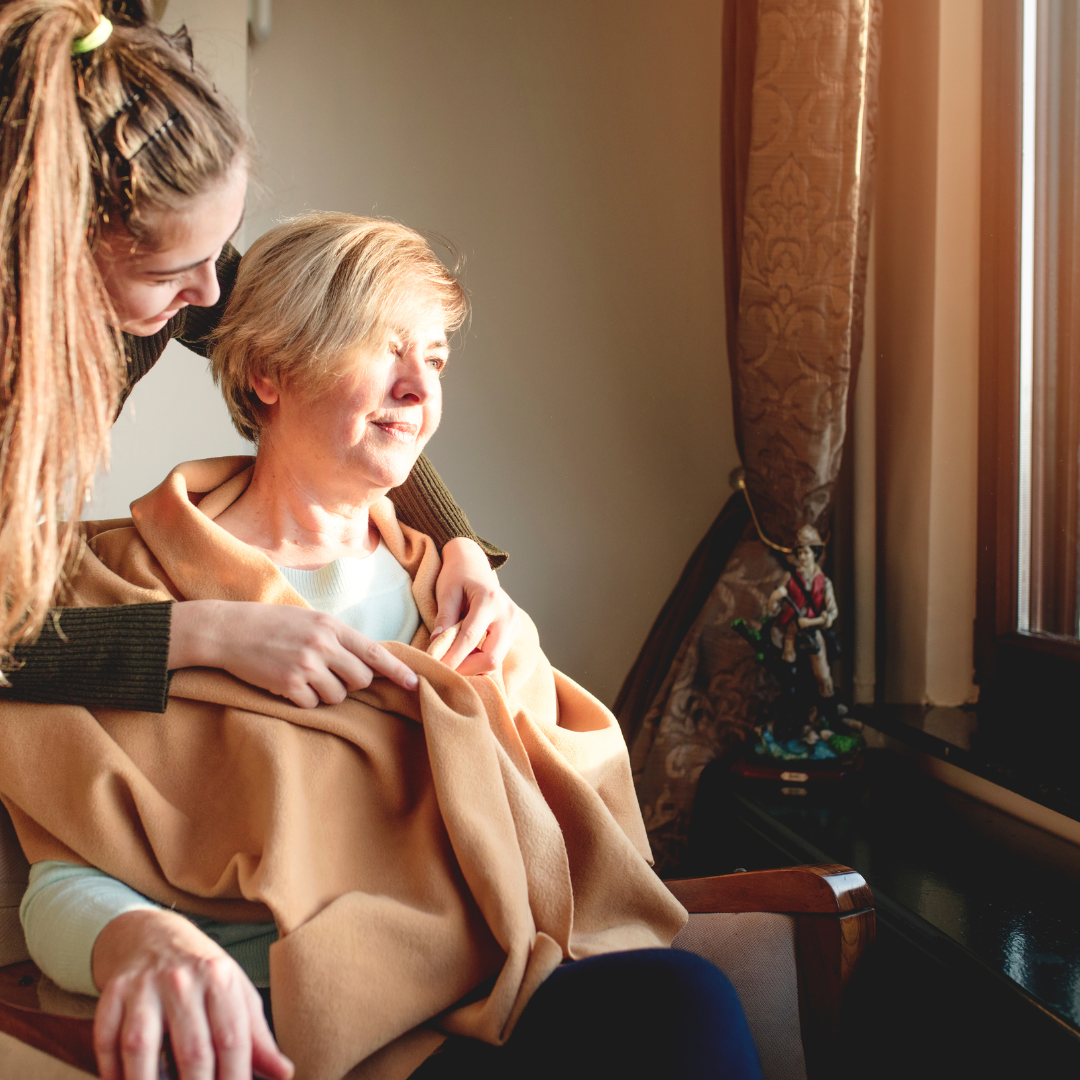Supporting Independence: Understanding Personal and Companion Care
Independence is a cherished aspect of life, allowing individuals to maintain control over their choices, routines, and overall well-being. However, for some individuals facing challenges due to age, illness, or disability, maintaining independence can become increasingly difficult without the right support. This is where personal and companion care services play a crucial role, offering tailored assistance and companionship that enable individuals to live life on their terms. In this article, we delve into the significance of personal and companion care in supporting independence and enhancing quality of life for individuals and their families.
Empowering Autonomy
Personal and companion care services are designed to empower individuals to maintain their autonomy and independence to the greatest extent possible. Caregivers provide respectful assistance with activities of
daily living (ADLs) such as bathing, dressing, grooming, and mobility support, allowing individuals to perform these tasks with confidence and dignity. By promoting self-sufficiency and autonomy, caregivers help individuals preserve their sense of identity and control over their lives.

Tailored Support
One of the key features of personal and companion care is its ability to provide tailored support that meets the unique needs and preferences of each individual. Care plans are customized based on factors such as physical health, cognitive abilities, lifestyle, and personal preferences. This individualized approach ensures that individuals receive the specific support they need to maintain their independence and well-being while honoring their preferences and choices.
Encouraging Engagement
Companion care services focus on providing social interaction, companionship, and emotional support to individuals who may be feeling isolated or lonely. Caregivers engage individuals in meaningful conversations, recreational activities, and outings, fostering a sense of connection and engagement with the world around them. By encouraging social interaction and participation in activities of interest, caregivers help individuals maintain a vibrant and fulfilling lifestyle.

Meaningful Conversations:
Caregivers engage individuals in meaningful conversations that stimulate thought, spark memories, and foster connection. They actively listen to the individual's thoughts, feelings, and stories, offering empathy, validation, and companionship. By engaging in open and honest dialogue, caregivers create a safe space for individuals to express themselves and feel heard, valued, and understood.
Recreational Activities:
Personal and companion caregivers organize and facilitate recreational activities that cater to the interests and abilities of the individuals they care for. Whether it's arts and crafts, puzzles, gardening, or music therapy, caregivers tailor activities to stimulate the mind, engage the senses, and promote enjoyment. These activities provide opportunities for creativity, self-expression, and social interaction, fostering a sense of purpose and fulfillment.
Outings and Excursions:
Caregivers accompany individuals on outings and excursions to explore the world beyond their home environment. Whether it's a leisurely stroll in the park, a visit to a museum, or a shopping trip, outings offer opportunities for social interaction, sensory stimulation, and connection with the community. Caregivers ensure that outings are safe, enjoyable, and tailored to the individual's preferences and abilities.
Participation in Community Events:
Personal and companion caregivers facilitate participation in community events and gatherings, such as senior center activities, religious services, or cultural events. These events provide opportunities for individuals to connect with others, build relationships, and engage in shared interests and traditions. Caregivers offer support and encouragement, helping individuals overcome barriers and feel included in their community.
Cognitive Stimulation:
Caregivers incorporate cognitive stimulation activities into daily routines to keep the mind active and engaged. This may include puzzles, brain games, reading, or memory exercises designed to challenge cognitive abilities and enhance mental agility. By promoting cognitive stimulation, caregivers help individuals maintain cognitive function, delay cognitive decline, and preserve independence.
Emotional Support:
Above all, personal and companion caregivers provide emotional support and companionship that promote overall well-being. They offer a listening ear, a shoulder to lean on, and a comforting presence during times of joy, sorrow, or uncertainty. Through genuine care and empathy, caregivers create meaningful connections that alleviate loneliness, boost mood, and enhance emotional resilience.
Encouraging engagement is a cornerstone of personal and companion care services, essential for promoting social interaction, companionship, and emotional well-being for individuals facing challenges due to age, illness, or disability. By fostering meaningful connections through meaningful conversations, recreational activities, outings, participation in community events, cognitive stimulation, and emotional support, caregivers enhance quality of life and promote holistic well-being. If you or a loved one could benefit from personalized care that encourages engagement and fosters meaningful connections, consider exploring the transformative potential of personal and companion care services today. Contact us to learn more about how our compassionate caregivers can support you or your loved one on the journey towards enhanced well-being and quality of life.
Promoting Safety and Security
While promoting independence is important, safety and security are equally paramount. Personal and companion caregivers provide supervision, monitoring, and assistance to ensure that individuals remain safe in their home environment. This may involve fall prevention measures, medication management, home safety assessments, and emergency response protocols. By addressing safety concerns proactively, caregivers help individuals feel secure and confident in their ability to live independently.
Family Support
Personal and companion care services also provide invaluable support to family members and loved ones who may be involved in caregiving responsibilities. Caregivers offer respite care, allowing family caregivers to take a break, recharge, and attend to their own needs. This alleviates stress, burnout, and caregiver burden, enabling family members to maintain a healthy balance between caregiving and other aspects of their lives.
Conclusion
Personal and companion care services play a vital role in supporting independence and enhancing quality of life for individuals facing challenges due to age, illness, or disability. By empowering autonomy, providing tailored support, encouraging engagement, promoting safety and security, and offering family support, caregivers help individuals maintain their independence and dignity while enjoying a fulfilling and meaningful life. If you or a loved one could benefit from personalized care that supports independence and well-being, consider exploring the transformative potential of personal and companion care services today. Contact us to learn more about how our compassionate caregivers can support you or your loved one on the journey towards independence and quality of life.


